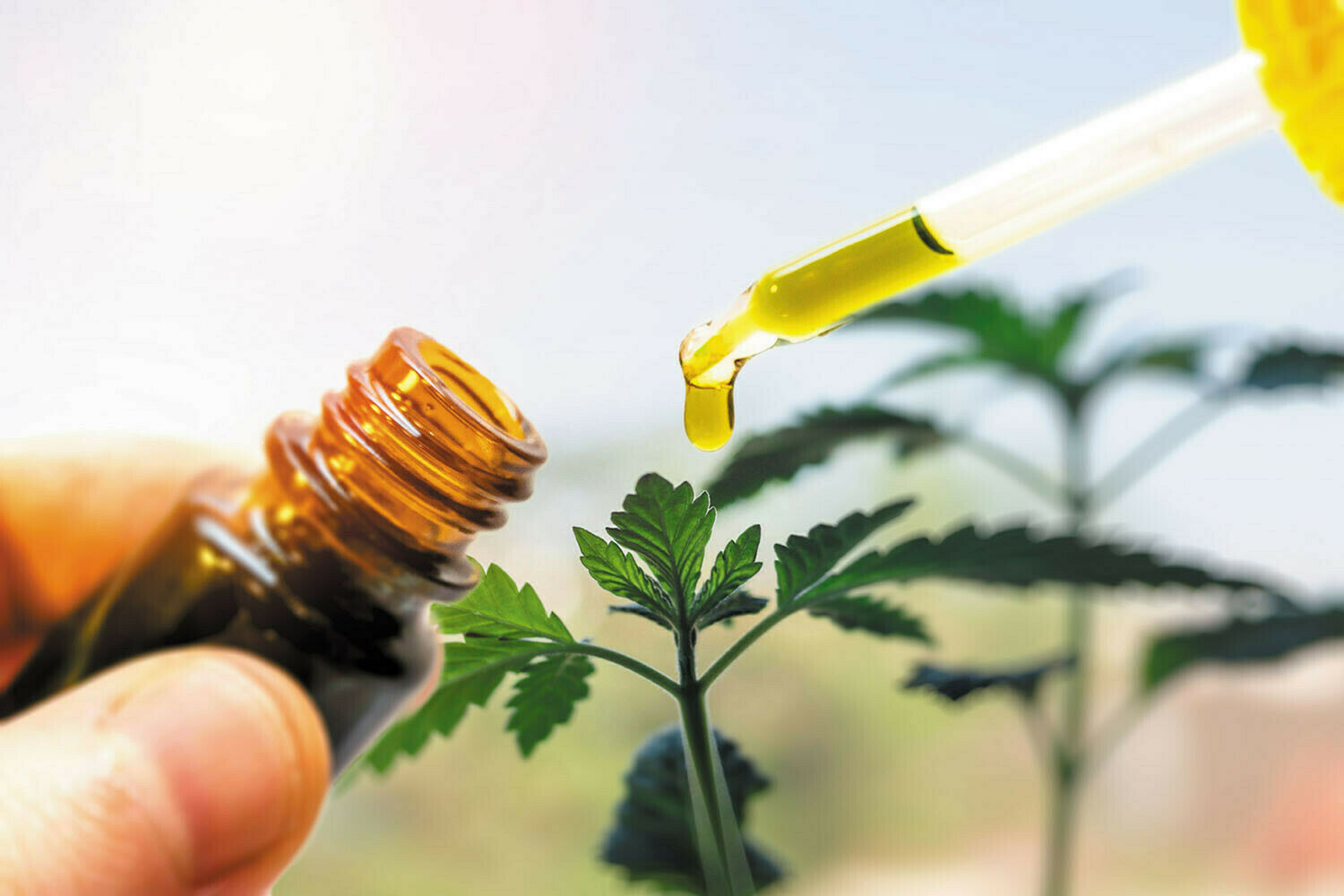CBD And Addiction - How Much of This Statement Is True
Opioids, alcohol, tobacco, etc., are all kinds of habit-forming supplements. The continuous usage of these supplements will start as a healthy option in the beginning and their abuse will cause addiction. This is not the case with CBD.
CBD is one of the many plant extracts that are in use for one or the other options. The various forms of CBD such as gomitas CBD, capsules, tincture, etc., are in great demand today. If you wish to find top-quality CBD supplements, then visit the Just CBD Store. You can find all kinds of CBD supplements here. Visit their webpage to know more.
Habit-Forming Factors of Some Substances
The main work of habit-forming supplements is to increase the level of dopamine in the brain. The natural surges of dopamine include well performance in your normal life and also in your sex life, exercising, etc. However, the dopamine levels will not only offer positive results but can even cause negative effects as well.
Dopamine is overall an excellent persuader for you to do many things such as sitting on the couch and inhaling heroin or cocaine for longer hours. Your conscious mind will alert you that it is not the healthy way of spending your time and also the way to a healthy life, but the persuasion of dopamine in the brain cells will make you think otherwise.
Increasing the production of dopamine is the main work of habit-forming supplements.
Work of CBD in Your Body
THC is known to offer habit-forming behavior in the users. This is not the case in CBD. When consumed, CBD will increase the serotonin hormone, and not dopamine, unlike THC. Hence, CBD will not form a sense of addiction in the users.
• THC causes the stimulation of CB1 receptors in brain cells. This in turn will cause the dopamine surge in the brain cells. • CBD will not work on the stimulation of CB1 receptors. • CBD will not bond with THC because it is an inverse agonist. This factor makes it hard for CBD to bind with THC. Hence, they work separately and not together. • The brain’s serotonin stimulators are TRPV1 and 5-HT1A. CBD targets the bondage with these receptors, and not with the dopamine receptors.
CBD and Psychologically Addictive
Drug dependency is divided into two different kinds, physical and psychological.
Psychological dependence is the term that is used to describe the condition of the brain where it will develop a habit of having a compound in it all the time. If there is a disruption in the supply of that particular compound, then there will be psychological turmoil in brain cells.
Physical addiction is the condition of the nervous system, where it will reconfigure itself in such a way that it constitutes successfully with the chemicals that are present in any drug supplement.
CBD will not cause any kind of psychological or physical dependency in the users, as it does not contain any dependency-causing supplements in it. The benefits that CBD has to offer users will make it necessary for users to continue the intake of CBD on a daily basis.
